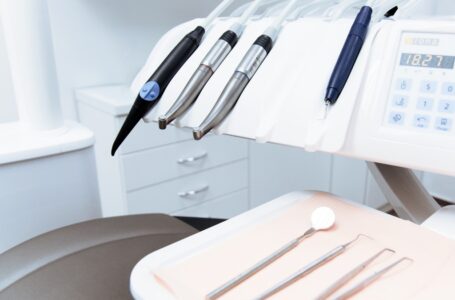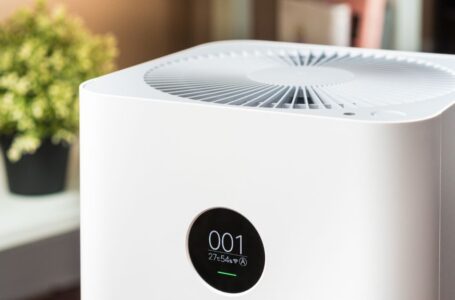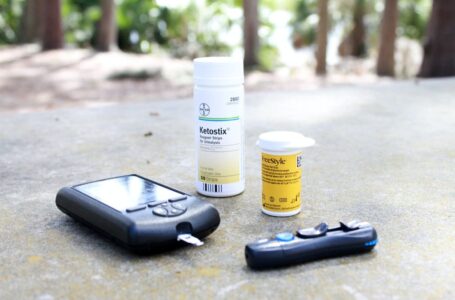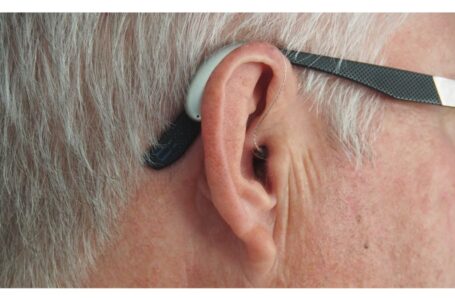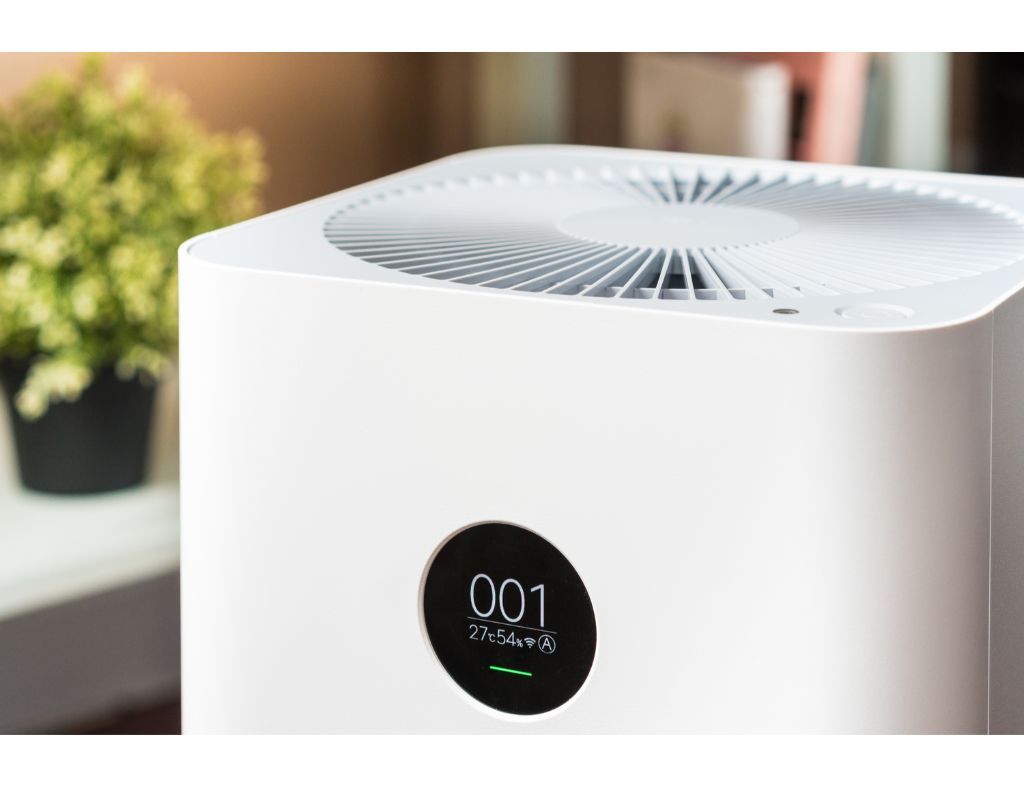
The verdict is in! Experts agree that YES, air purifiers do help with allergies and asthma. So, before you go out to buy your new air purifier, here are some tips to help you find the right one for your home.
How Air Purifiers Work
Air purifiers filter out allergens and particles that may trigger allergy and asthma symptoms. Purifiers filter indoor air so that it’s free of pollen, mold spores, dust, and other particles. Since some irritants are microscopic, it’s best to have an air purifier that can handle the tiny particles.
HEPA filtration is a good choice for asthmatics since such filters remove 98% of pollutants in the air, even ones as small as 0.3 microns. Air purifiers are very good at improving and controlling air quality and helping environmental allergies.
How to Shop for An Air Purifier
There are several factors to weigh in when looking for the ideal air purifier for your home. We recommend checking out product labels to understand the device’s specifications and reading air purifier reviews
Size: Do make sure that the air purifier you’re interested in works for your room size. Your air purifier’s clean air delivery rate should give you an indication of whether or not it can handle your room space.
Noise: Quality air purifiers have multiple air filters that capture particles in order to return clean air back into a room. This creates some level of noise. Depending on the model and setting of your air purifier, sounds can range from a quiet hum to a loud whoosh.
Filter: If you’re considering air filters for allergies and asthma, ask the following questions:
-What type of filter is it?
-How often do you have to change it?
-How much do the filters cost?
-How easy is it to change the filter?

